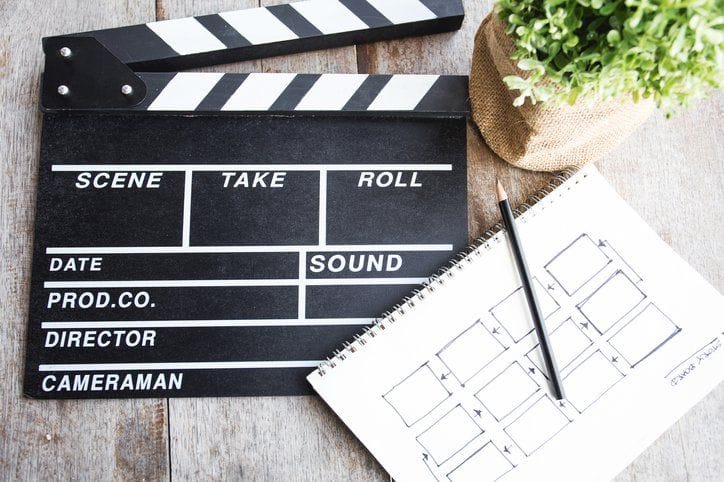
A career in video game design can take you to many exciting places, and the industry needs professionals who aren’t afraid to get creative. In order to bring their stories and ideas to life, video game companies are looking for professionals who have the right skills to guide their projects through the development process, including utilizing one particularly helpful tool: the storyboard.
Storyboard artists are responsible for translating a video game’s story into a visual medium. This can include mapping major story points, providing different character poses, and creating interesting backgrounds that draw the player into the world of the video game. You may have to wear many different hats, so it’s important to know what you should expect before you decide that storyboarding is right for you.
If you’re interested in a career in video game design, read on to find out how you can become a storyboard artist!
Your Career as a Storyboard Artist Doesn’t Only Involve Cartoon Animation
If you’ve heard of storyboarding before, it’s probably in the context of film or television production. Storyboarding is also predominantly used in cartoon animation because it helps dictate camera shots and specific comedic beats or character responses.
Storyboard artists don’t have to be boxed into animation cells either–although you can certainly choose to transfer your training from your video game design program to a career in cartoon animation, it’s also important to know that video game companies are just as in need of good storyboard artists as any other entertainment-related field, so your options aren’t limited to one industry. You can even transfer your storyboarding skills to advertising, marketing, printing, and more!
Use Your Skills from Video Game Design Courses to Find Storyboard Success
Companies today need storyboard artists who can organize the different elements of a video game’s design into a fluid, simple structure that can be easily understood by the whole production team.
 Video game designers can use storyboards to provide a basic layout for a project
Video game designers can use storyboards to provide a basic layout for a project
Storyboards help creators visualize their project and provides room to make any design changes before committing to a final look or aesthetic. Every storyboard has a few basic components, including a set amount of panels that dictate different animation directions or instructions, such as a character entering a scene or picking something up. Your storyboard provides different production members of your team with valuable information that helps ensure consistent visual continuity throughout the project, which is where your training in video game design comes in handy. Your video game design courses focus on important lessons like page layouts and how to work with animator’s specifications, as well as working in an interdisciplinary environment, a skill that will be crucial to you and your team’s success throughout your career.
Video Game Designers Need a Mix of Talent and Training to Succeed in Storyboarding
In order to capture and integrate all of the different working parts involved in a video game’s plot and design, a storyboard artist has to be part director, part drawing expert, and part storyteller.
You certainly don’t have to be a seasoned artist in order to create a great storyboard, but you still need to have sufficient drawing skills to successfully convey the action or scene of the panel you’re drawing. Animation also moves quickly by nature, so being able to quickly sketch and pose characters with a good eye for detail is definitely to your advantage.
 Students at Oxford College can build the creative skills they need to succeed as a storyboard artist
Students at Oxford College can build the creative skills they need to succeed as a storyboard artist
Apart from drawing, the story itself is important, and artists should understand elements of storytelling such as narrative arcs, plot, and character personality, emotions, and mannerisms to properly capture the feel of a scene that keeps audiences interested and invested. Storyboard design, at its core, is a very creative artistic medium, and if you have the right talent, next you need the right training to find career success.
Are you interested in taking the next step towards a video game designer career?
Contact Oxford College for more information about our program!






